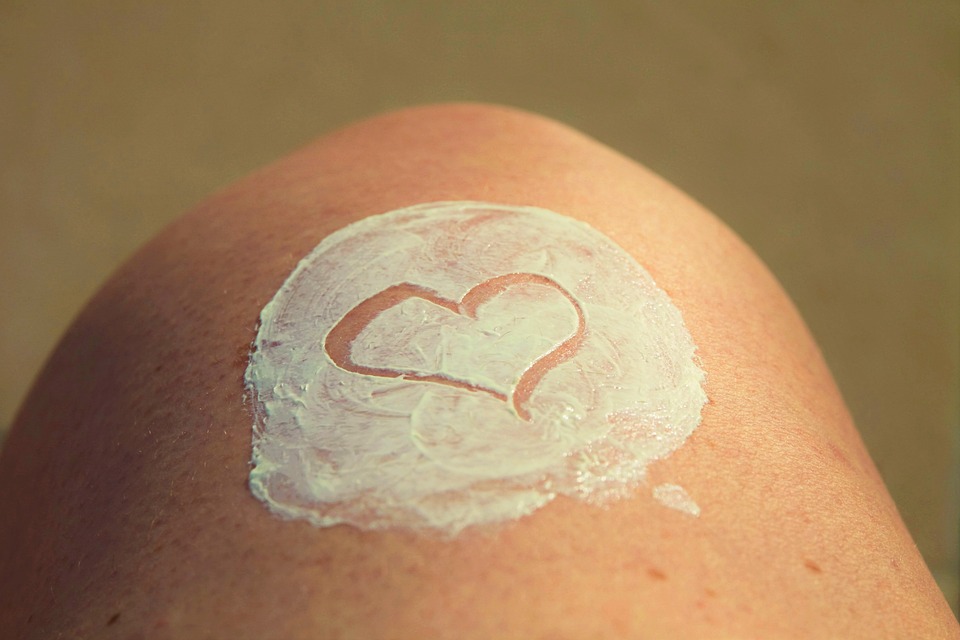As summer approaches, many of us are eager to hit the beach, bask in the sun, and enjoy outdoor activities. But before you grab your towel and flip-flops, there’s one essential item you might want to check: your sunscreen. With years of sun protection options on the market, you might have bottles stashed away from previous summers. However, using expired sunscreen can be more harmful than you might think. Here’s what you need to know before slathering on that potentially outdated bottle.
Understanding Sunscreen Expiration Dates
Most commercial sunscreens are required to have an expiration date stamped on the packaging. This date indicates the time frame during which the product will maintain its stated effectiveness, assuming it has been stored properly. Typically, sunscreens can last up to three years from the date of manufacture, but the exact duration can vary depending on the formulation and storage conditions.
After the expiration date, the active ingredients in sunscreen may degrade, rendering them less effective in protecting your skin from harmful UV rays. Therefore, it’s crucial to regularly check your sunscreen to ensure you’re applying a product that still works.
The Risks of Using Expired Sunscreen
-
Decreased Efficacy: The most significant concern with expired sunscreen is that it may no longer provide the level of protection indicated on the label. This means that your skin could be at a greater risk of sunburn and long-term damage, including premature aging or skin cancer.
-
Potential for Skin Irritation: Sunscreen formulations often contain preservatives and other ingredients that can be sensitive to changes over time. After the expiration date, these ingredients may break down, leading to a greater risk of skin irritation or allergic reactions.
- Inconsistent Texture and Smell: Expired sunscreen may also change in consistency and smell. If your sunscreen has separated, hardened, or developed an off-putting odor, it’s a clear sign that it’s time to toss it.
How to Store Sunscreen Properly
To maximize the lifespan of your sunscreen, it’s essential to store it correctly:
-
Keep it Cool: Store sunscreen in a cool, dry place—excessive heat or direct sunlight can cause active ingredients to break down more quickly.
-
Avoid Humidity: Bathrooms, while convenient, can be humid environments that may compromise the product’s integrity. Instead, consider storing sunscreen in a closet or a temperature-controlled environment.
- Seal Tightly: Make sure the cap or lid is securely fastened after each use to prevent contamination and exposure to air, which can also lead to degradation.
When to Replace Your Sunscreen
If you’ve pulled out an old bottle of sunscreen, here are some key indicators that it’s time to replace it:
-
Check the Expiration Date: If it’s past its expiration date, throw it out—don’t risk your skin’s health.
-
Evaluate the Texture and Smell: As mentioned earlier, any changes in texture or a foul odor mean the sunscreen is likely no longer suitable for use.
- Consider Usage: If you have a sunscreen that you rarely use and it has been sitting in your drawer for years, it may be best to replace it for peace of mind.
Choosing the Right Sunscreen
When shopping for a new sunscreen, look for the following features for optimal protection:
-
Broad-Spectrum Protection: Ensure your sunscreen offers protection against both UVA and UVB rays.
-
SPF Rating: Choose a sunscreen with an SPF of 30 or higher for adequate protection, especially during extended outdoor activities.
-
Water Resistance: If you’re planning a day at the beach or engaging in sports, opt for a water-resistant formula that can withstand sweating and water exposure.
- Skin Type Considerations: Select formulations that cater to your skin type—whether you have sensitive skin, oily skin, or dry skin.
Conclusion
Enjoying a day at the beach requires proper sun protection, and using expired sunscreen can put your skin at risk for serious harm. By regularly checking the expiration dates, storing your products correctly, and knowing when to replace your sunscreen, you can ensure that your skin stays protected under the sun. Before your next beach adventure, take a moment to evaluate your sunscreen options—you may just find that investing in a new bottle is the best way to keep your skin healthy and glowing all summer long.
